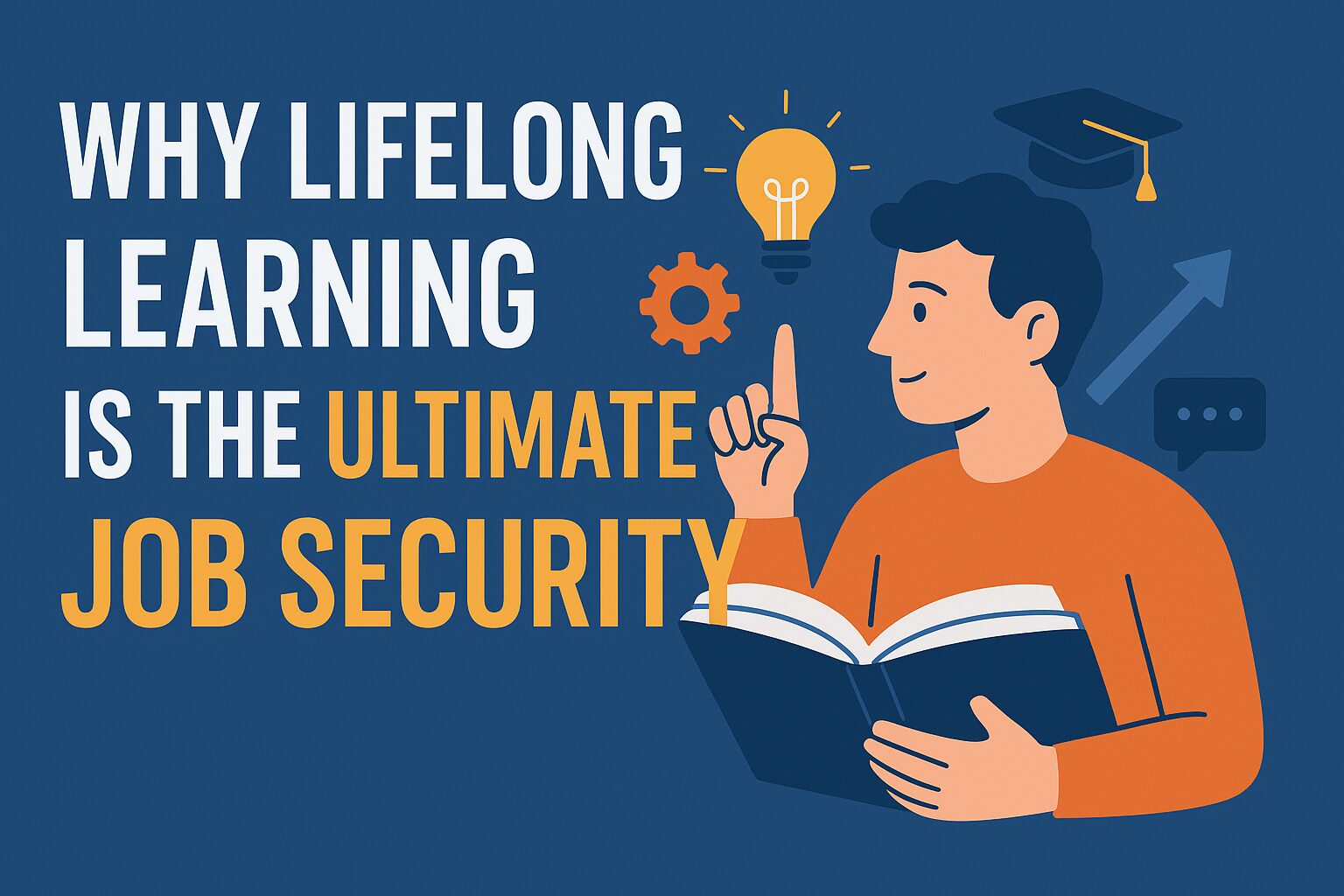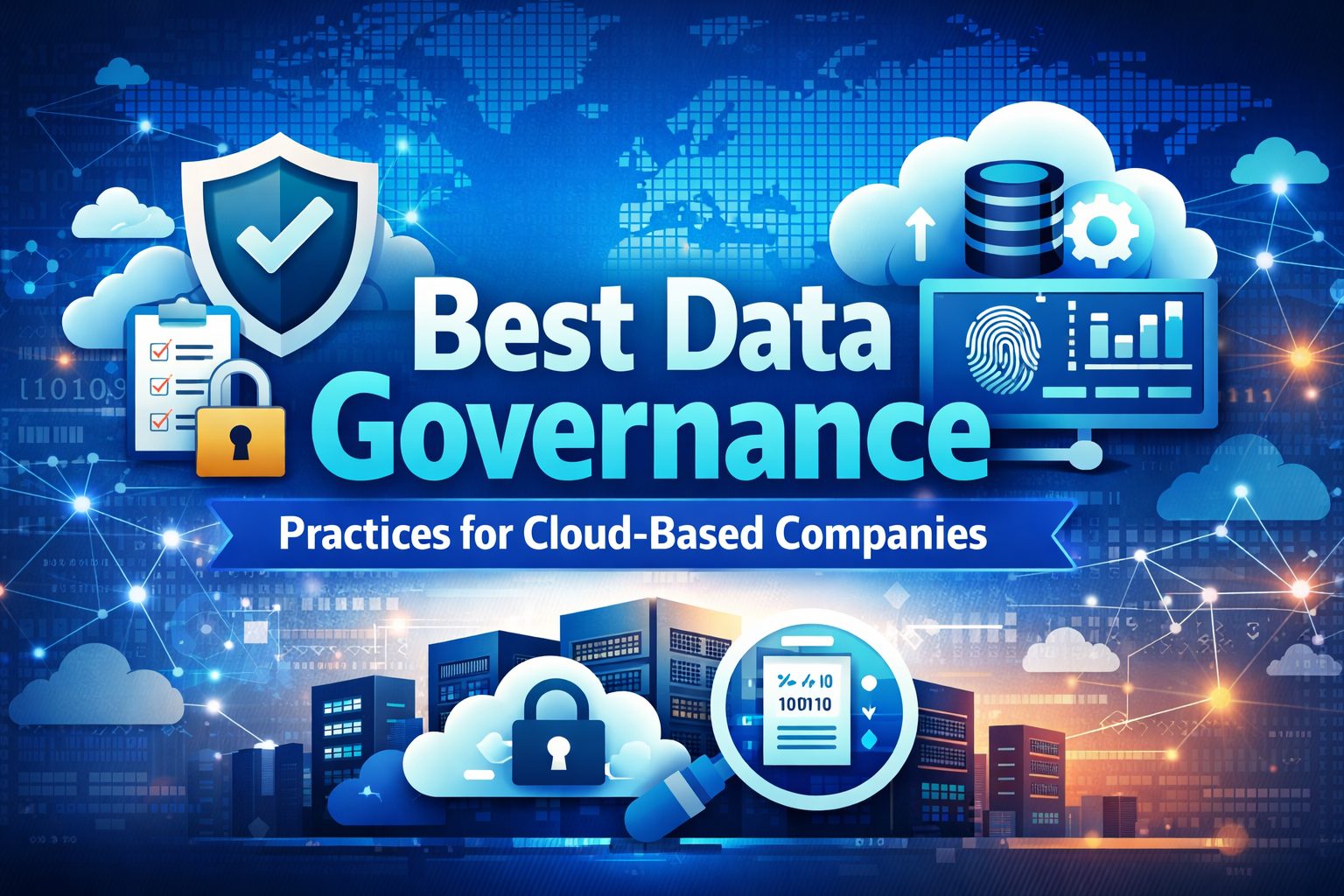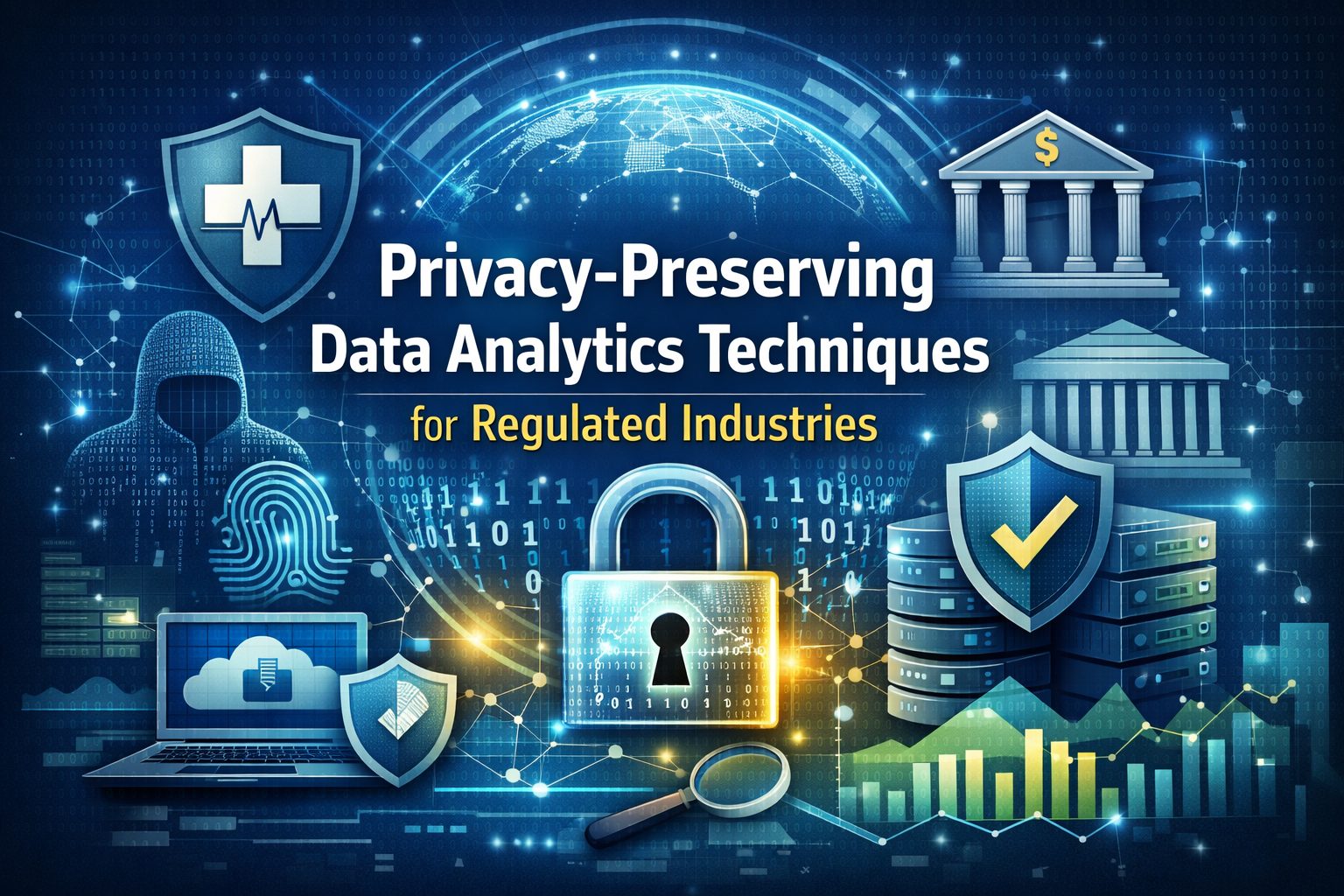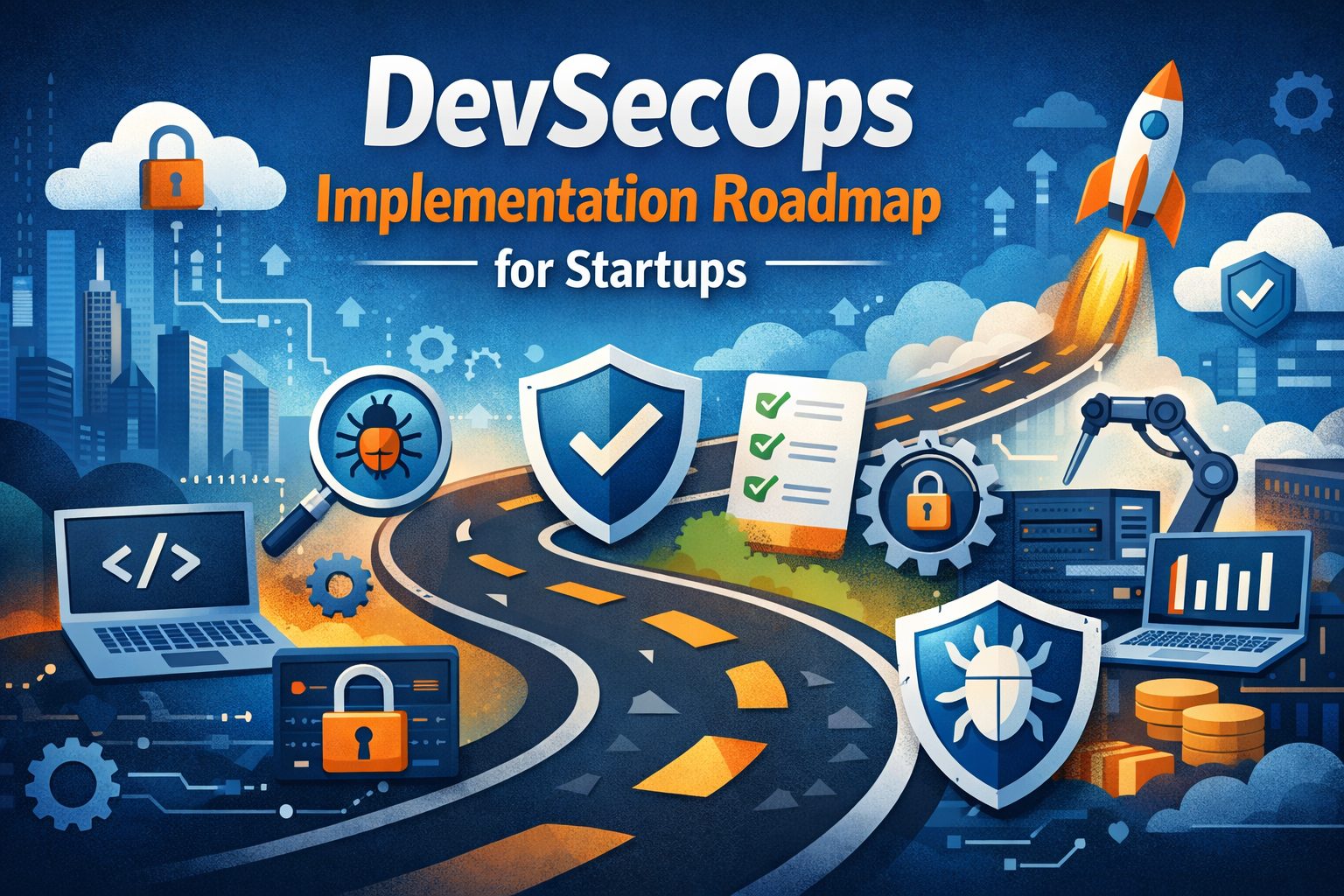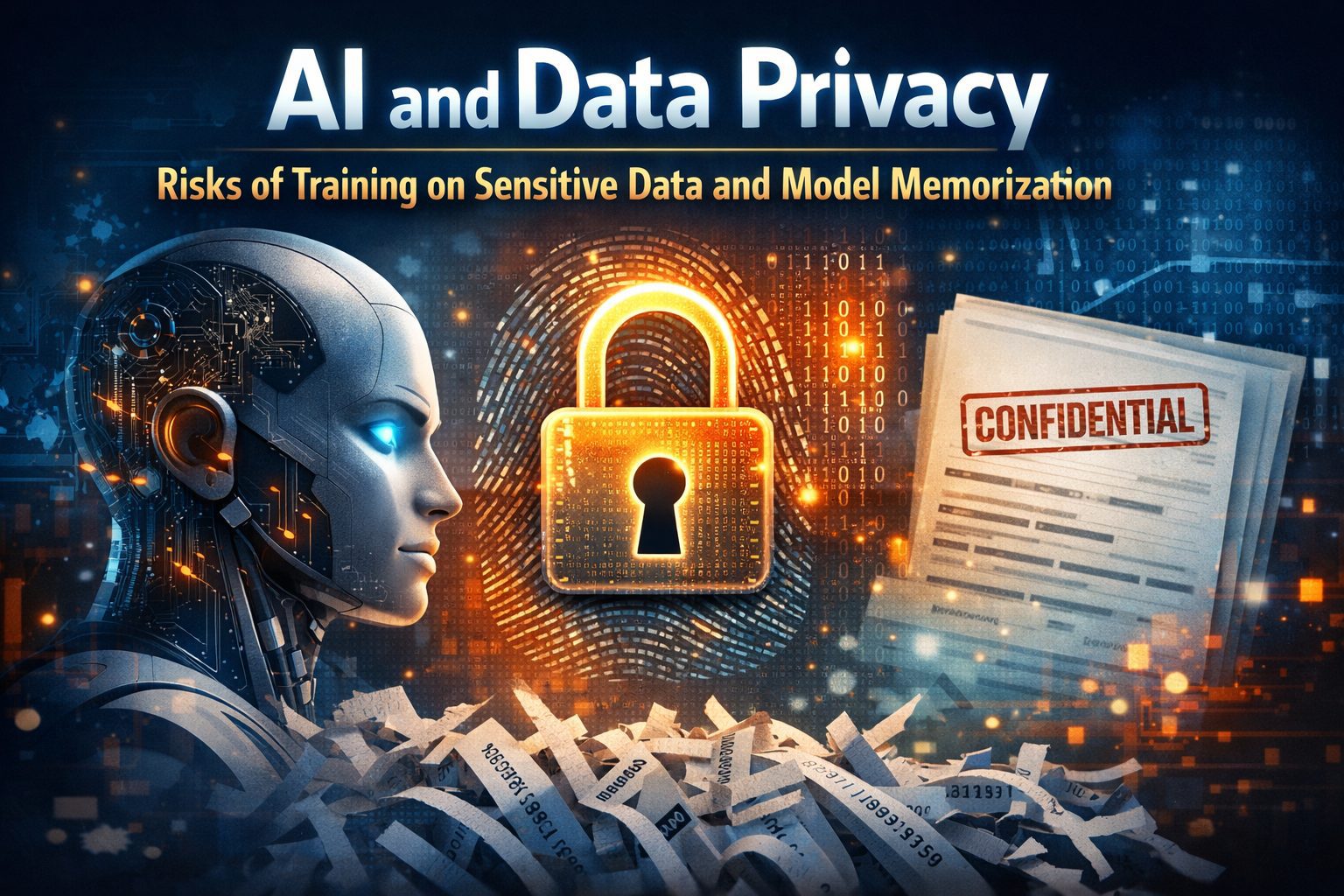In the past, securing a good education and landing a stable job often meant you could rely on long-term employment with minimal need for additional training. However, the modern job market has shifted dramatically. Technology, automation, and globalization are reshaping industries at lightning speed, and skills that were once considered essential can quickly become outdated. In this ever-changing environment, lifelong learning has emerged as the ultimate form of job security.
Rather than being tied to a single qualification or career path, lifelong learners continuously adapt, expand their skill sets, and embrace opportunities to grow. This proactive mindset ensures not only professional resilience but also personal fulfillment.
The Changing Nature of Work
The idea of a “job for life” is largely a thing of the past. According to career research, the average person now changes jobs 7–10 times throughout their working life, with many professionals even shifting industries altogether. This constant movement is driven by factors such as:
- Technological advancements: Artificial intelligence, automation, and digital tools are transforming roles across nearly every industry.
- Globalization: Workers now compete on an international scale, making specialized skills more valuable.
- Shifting business needs: Companies pivot quickly to meet market demands, requiring employees to adapt in real time.
In this landscape, skills that are relevant today may become obsolete tomorrow. Without a commitment to learning, workers risk falling behind. Lifelong learners, however, remain agile and future-ready.
Lifelong Learning as Job Security
So, what makes lifelong learning the ultimate form of job security? It comes down to relevance, adaptability, and opportunity.
- Staying Relevant in Your Field
Continuous learning ensures you remain up-to-date with the latest industry trends, tools, and best practices. Employers are more likely to retain and reward professionals who bring fresh insights and modern expertise to the table. - Adapting to Career Transitions
Industries rise and fall, but those who cultivate transferable skills—such as communication, problem-solving, and digital literacy—can pivot more easily into new roles. Lifelong learners aren’t confined to one professional box; they are versatile and resilient. - Unlocking New Opportunities
With each new skill acquired, you open doors to advancement. This might mean a promotion within your current company, a move to a new employer, or even starting your own business. The more you know, the broader your career options become. - Future-Proofing Against Automation
While machines can replace repetitive tasks, they cannot easily replicate human creativity, critical thinking, and emotional intelligence. By continually enhancing these uniquely human skills, you strengthen your position in a world increasingly driven by technology.
The Benefits Beyond Career Security
Lifelong learning is not just about protecting your job; it also enriches your overall quality of life.
- Boosts Confidence: Gaining new knowledge and abilities empowers you to tackle challenges with assurance.
- Encourages Growth Mindset: Lifelong learners embrace change rather than fearing it, making transitions smoother.
- Improves Problem-Solving: Exposure to diverse perspectives and disciplines sharpens critical thinking.
- Enhances Well-being: Studies show that continuous learning promotes mental agility and long-term cognitive health.
By viewing learning as a lifelong journey rather than a one-time achievement, individuals develop resilience and adaptability that extend far beyond their careers.
How to Practice Lifelong Learning
You don’t need to enroll in expensive degree programs to become a lifelong learner. In fact, many effective strategies are accessible, flexible, and affordable. Here are some practical ways to integrate lifelong learning into your routine:
- Online Courses and Certifications
Platforms like Coursera, Udemy, and LinkedIn Learning offer affordable, self-paced learning in countless fields. - Reading and Research
Commit to reading books, articles, or industry publications that expand your perspective. Even 20 minutes a day can add up significantly over time. - Professional Networking
Join communities, attend webinars, and participate in conferences to learn from peers and experts. - Skill-Based Learning
Focus on both technical skills (e.g., coding, data analysis, digital marketing) and soft skills (e.g., leadership, communication, creativity). - On-the-Job Learning
Take on stretch projects, volunteer for new responsibilities, and learn directly from workplace experiences. - Micro-Learning
Break learning into small, manageable sessions—such as podcasts during commutes or short video tutorials—to make it more sustainable.
The Mindset Shift: From Survival to Growth
It’s important to understand that lifelong learning is not about scrambling to keep up—it’s about cultivating a growth mindset that sees challenges as opportunities. Instead of fearing obsolescence, lifelong learners embrace curiosity, innovation, and reinvention.
When you approach your career this way, job security is no longer about clinging to a single role or employer. Instead, it’s about confidence in your ability to grow and adapt, no matter what changes the future brings.
Final Thoughts
In today’s unpredictable job market, traditional markers of job security—such as tenure, degrees, or long-term contracts—are less reliable than ever. The one guarantee you can give yourself is the ability to keep learning, adapting, and evolving.
Lifelong learning is more than a strategy—it’s a mindset and a lifestyle. By committing to continuous growth, you position yourself not only for professional success but also for personal fulfillment. Ultimately, the willingness to learn ensures that no matter how the world changes, you will always have the skills, confidence, and adaptability to thrive.

